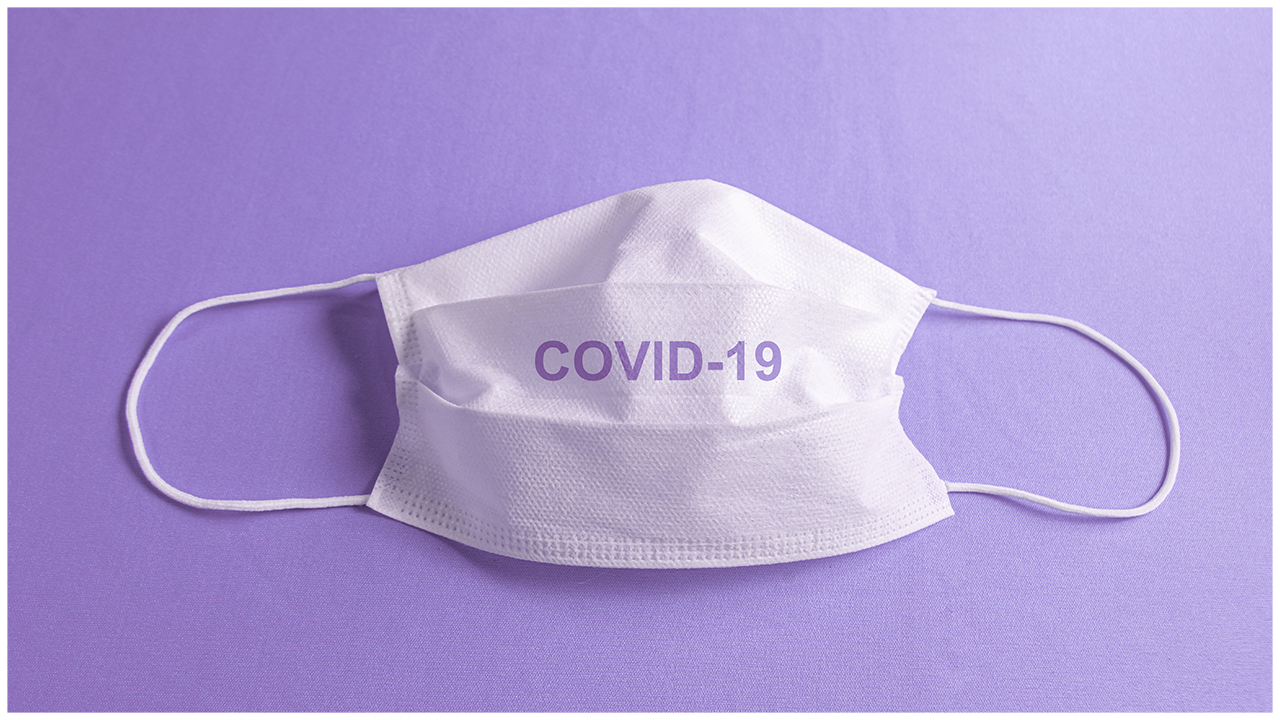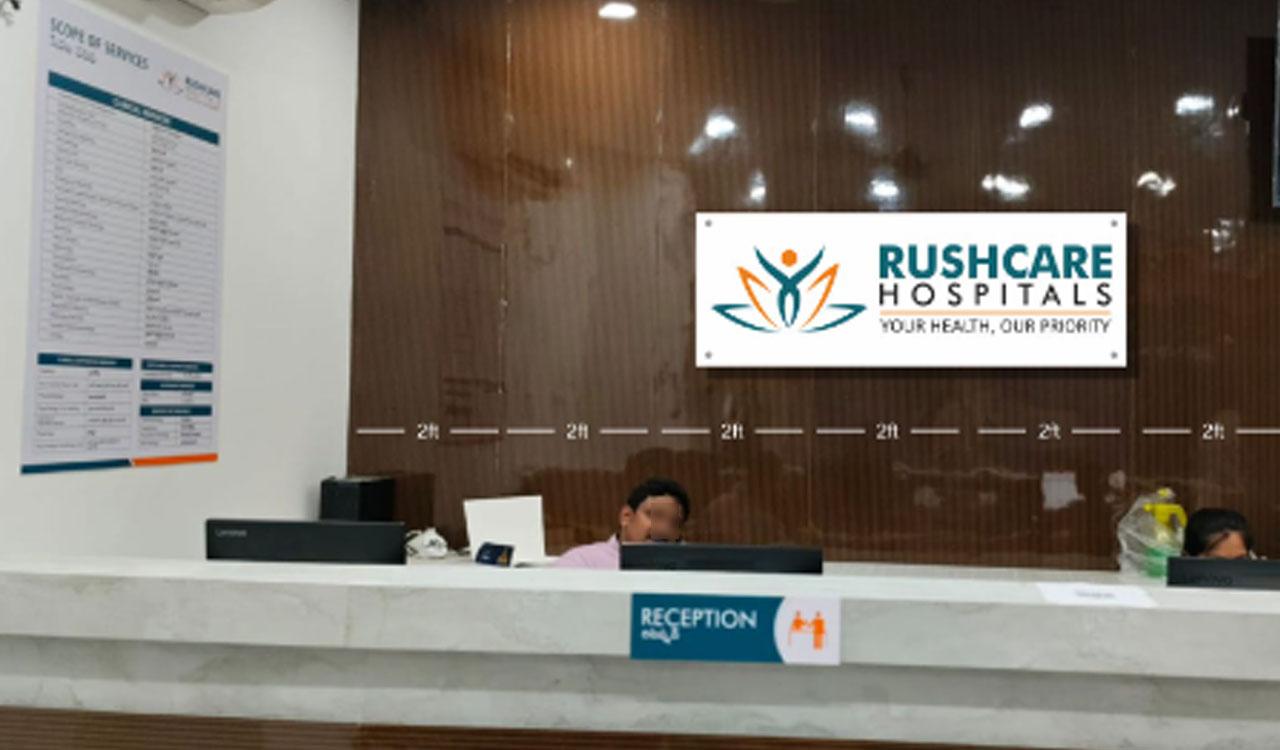The Department of Science and Technology (DST) has approved support for large scale production of organic-Inorganic hybrid nanocoating for disposable masks developed by Dr. Viswanatha R from Jyothy Institute of Technology, Bengaluru under the DST Nano Mission.
Dr. Viswanatha R intends to make use of the sol-gel nanotechnology to develop a functionalized organic-inorganic hybrid nanocoating based on silica nanoparticles coupled with a polymer matrix that is hydrophobic and disinfects the pathogenic virus associated with COVID-19 that comes in contact with the surface of the mask.
He will be treating medical masks with the developed nanocoating and demonstrate their viral disinfection ability and prepare a plan of action for the transfer of technology to industries.
Given the crisis situation surrounding the COVID 19 pandemic, the demands for protective masks have gone up, and so have their prices. Although there are a variety of masks available in the market, choosing the right one to protect oneself from the transmission of infections is difficult.
The N95 masks available in the market are capable of filtering out all types of particles, including viruses and bacteria, but they are expensive and need prior training as standard practice before using it. On the other hand, inexpensive disposable masks have several limitations. They often get wet through salivary droplets, body fluids, and sweat. The wet masks attract the microorganisms and act as a breeding ground for those organisms to multiply in number, due to which the person wearing it gets easily infected. Being disposable, these medical masks, when discarded, generate medical waste.
Moreover, the wearer of the mask is prone to touch the surface of the mask frequently to adjust his mask or to scratch the itch. Due to this, the mask gets contaminated. These aspects have created a pressing need for innovative solutions that can mitigate the existing concerns of disposable medical masks.
Nanocoatings could address this problem by offering a hydrophobic coating on the surface of the masks, preventing it from wetting, and will disinfect the pathogens that may come in contact with the nanocoated surface.
Functionalization of nanoparticles using the sol-gel technology by the researchers will make the nanocoating hydrophobic, which effectively repels water/moisture from the surface of the mask.
Further, the addition of a suitable polymer will increase the virucidal properties of the hydrophobic nanocoating. Therefore, by using sol-gel technology, a hybrid organic-inorganic silica-based nanocoating coupled with a proprietary polymer will be developed that will make the masks reusable and non-toxic. The nanocoating will be easily scalable, safe, and economical while being highly effective against the COVID-19. Such a holistic solution will be able to cater to the needs of the common man and aids in sustaining a secure and healthy environment across society.
"Anti-microbial and anti-viral water repellent masks have a niche purpose where there is an overload of wet infected fluids or where frequent touching and adjusting of masks may happen. There are now several types of such coatings that are being pursued which may be of value if they are safe, do not compromise the ease of breathing, and do not add substantially to the cost," said Professor Ashutosh Sharma, Secretary, DS.

 This is a formidable arsenal against pathogenic COVID-19
This is a formidable arsenal against pathogenic COVID-19










.jpeg)








.jpeg)

.jpeg)
.jpeg)

.jpeg)


.jpeg)



.jpeg)
.jpeg)
.jpeg)


.jpg)


.jpeg)
.jpeg)